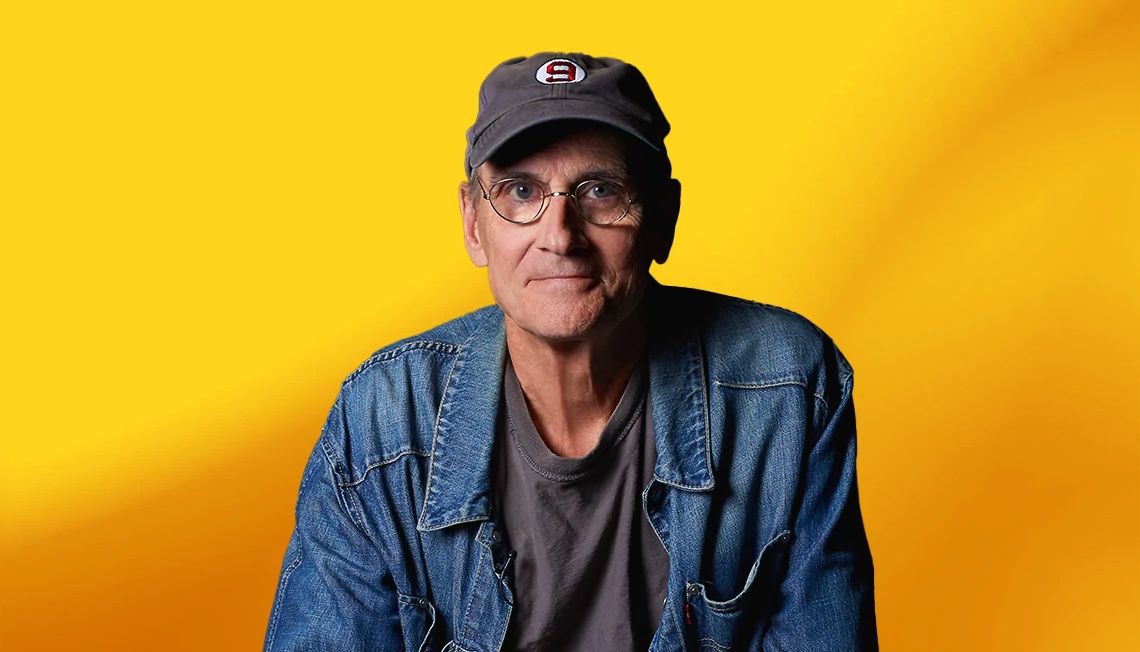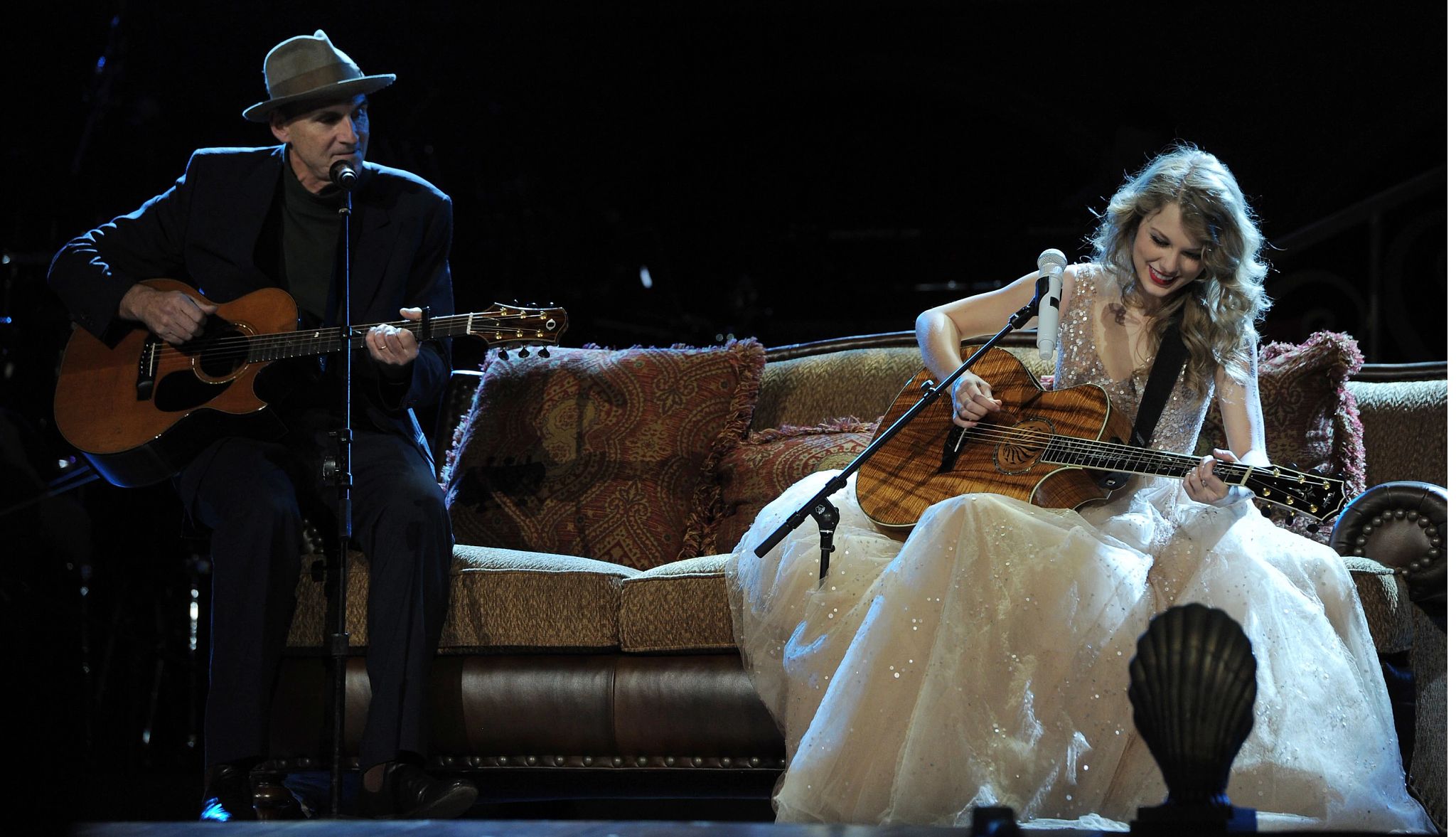AARP Hearing Center


Singer-songwriter James Taylor, 76, feels a special connection with his fans from the boomer generation. “We really did think we were changing the world,” he says. He also shares a special connection with a much younger musical superstar: Taylor Swift. James recounts that the two met more than a decade ago, and Swift revealed that she was named after him. He shares with AARP more about the musical legends he’s worked with, the advice Tony Bennett gave him and how he’s preparing for his summer tour, which kicks off May 29 at L.A.’s Hollywood Bowl.
This interview has been edited for length and clarity.
As you gear up for a tour, do you have to do anything to get into shape?
In getting sober [in 1983], I also found that in order to get my nervous system back, to get comfortable in my own skin again, I had to get really fit. I went into a kind of athletic mode for about 20 years, from the age of 35 to 55. And then my second family of kids was born [in 2001] — twins Rufus and Henry — and I started backing off the physical activity a little bit. But that sort of late push set me up really well. I just feel as though I’m physically up to it. There’s a little bit of use it or lose it. I remember Tony Bennett told me once, “You’ve got to do your vocal exercises every day. You have to do that. If you skip it for one day, you’ll feel it. If you skip it for two days, people in the band will begin to feel it. If you skip it for three days, people in the audience will begin to notice. And if you skip it for four days, the critics will notice it.”
So are you doing daily vocal exercises?
I do, especially in the two weeks leading up to rehearsals, I do a couple of hours every day of vocalizing and trying to bring it back up. And I start singing through the set list that we made for the summer. About a month out, I start working on it. … It’s important to have a couple of gigs placed here and there that will pull [the band] back together and just be stepping stones that’ll get us through that off period. At this point, it’s a very familiar process — getting ready to go out on the road — and you do learn to do it. In the beginning, it beats you up pretty bad, and you overbook yourself, but now we know what we’re doing a bit.
Your fans seem to feel very loyal and connected to you. Why do you think that is?
There’s something about the baby boom generation — I was born in ’48, so I’m pretty much in the middle of it. It was such a phenomenal musical generation when that big lump of population got to be about 20 years old, and it was using FM radio to define itself and communicate. And we really did think we were changing the world. And although we didn’t change it as much as we wanted, or as we thought, it was culturally a massive thing, the baby boom bulge. I still feel as though it’s sort of the dominant generation. It still feels like an entity to me.





























































You Might Also Like
Singer-Songwriter Sarah McLachlan Says Music Saved Her
She reminisces about her career, talks new tour, staying fit and funding music education
Julie Andrews Is Keeping Her Voice Alive As an Author
Actress talks writing books with her daughter, favorite movies, missing her singing and what's in her garden
Whoopi Goldberg: ‘I Was Afraid If I Didn’t Write It Down, I’d Forget It All’
Award-winning actress and ‘The View’ cohost talks new memoir, honoring her loved ones and future plans
Members Only Access Celebrity Interviews
Read exclusive Q&As with the biggest names in movies, music and television, best-selling authors and other high-profile personalities
AARP Members Only Access
Enjoy special content just for AARP members, including full-length films and books, AARP Smart Guides, celebrity Q&As, quizzes, tutorials and classesRecommended for You